Recognition
Emerging Planner Award
Launched in 2023, the CIP Emerging Planner Award celebrates the leaders of tomorrow. It recognizes the outstanding professional success and achievement – including leadership and/or service to the profession – of a Canadian planner within their first ten years of professional planning experience.
From 2011 to 2022, CIP awarded the CIP President’s Award for Young Planners, which recognized the outstanding professional success and achievement of a young Canadian planner under the age of 35.
Nominations are now open. Read the Nomination Guidelines here.
Deadline: January 19, 2026, 11:59 p.m. PT
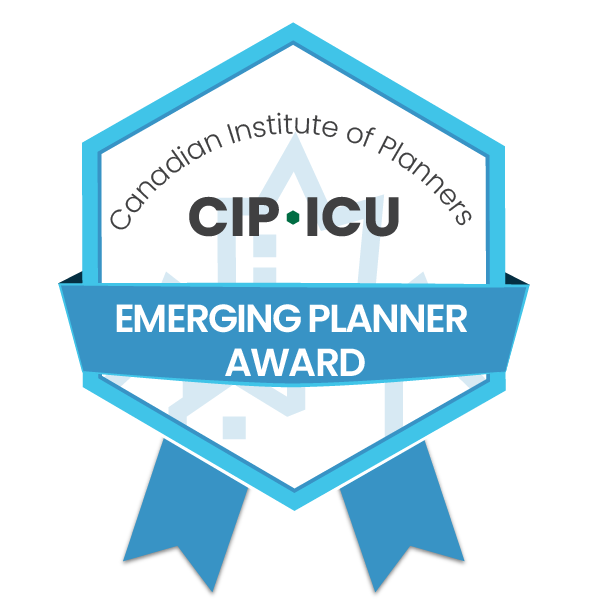
Our Recipients


Byungjun Kang is a senior planner with Halifax Regional Municipality who has significantly advanced the planning profession through mentorship, knowledge sharing, and community engagement. He has led key projects, including drafting a secondary strategy and land use by-law in Lunenburg and advancing regulatory changes in Halifax to support equitable housing and density under the Housing Accelerator Fund. Byungjun has also trained dozens of emerging planners, creating a 120-page guidebook to help them write and interpret land use by-laws in plain language, fostering an informed and inclusive profession. Regionally, he hosts lunch-and-learn sessions, sharing insights like “Lessons Learned from the Housing Crises in Seoul” with LPPANS. Externally, he mentors urban planners through Planuyemo Razom and guest lectures at Dalhousie School of Planning. Byungjun is also the founder of PLANifax, a student-run non-profit dedicated to planning education, which won the Atlantic Planners Institute’s Public Outreach and Communication Award for its impact on public engagement.
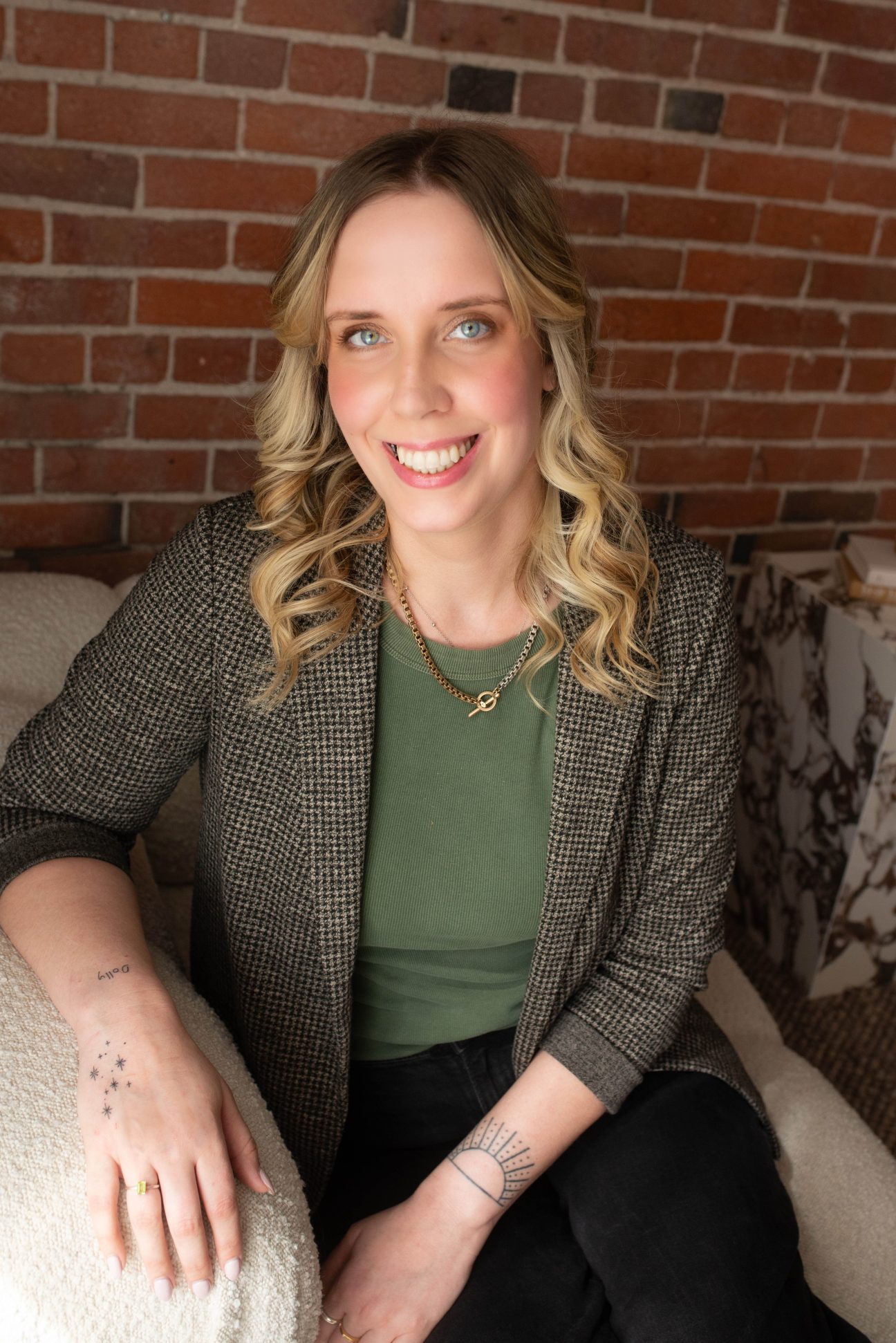

Teunesha is a dynamic community planner with a strong background in both public and private sectors. She earned her Master of Community Planning degree from Vancouver Island University, where she demonstrated leadership by founding various student-led organizations/roles and receiving the Queen Elizabeth II Diamond Jubilee Scholarship for her thesis on community involvement in land use planning in Belize.
Professionally, Teunesha began her career development consulting for a social enterprise that develops affordable housing throughout BC, she then moved on to be a municipal planner in a fast-growing community in Greater Victoria and eventually returned to development consulting for the private sector. Today, Teunesha is an Owner and Principal at Westplan Consulting Group where she works on development approvals, with a focus on master-planning and Indigenous collaboration.
A strong advocate and ally for women’s and LGBTQIA2S+ equality, she mentors young planners, sponsors student interns, and contributes to educational initiatives such as the ADAPT Toolkit, demonstrating a lasting commitment to both her profession and her community. Teunesha would like to dedicate this award to her late father, who would have been so proud.
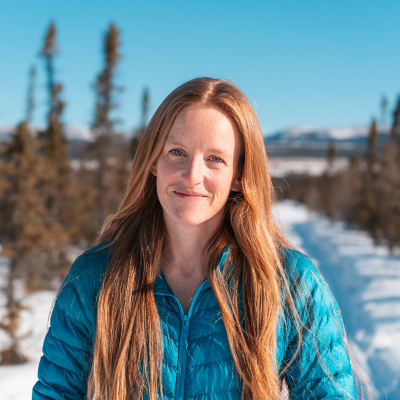

Melanie Harding is a planner with the Ɂehdzo Got’ı̨nę Gots’ę́ Nákedı (Sahtú Renewable Resources Board) in the Northwest Territories, where she leads work relating to Hıd̨ó Gogha Sęnę gots’ıɂ̨á (Planning for the Future) which focuses on community-led plans for conservation of wildlife and their landscapes in the Sahtú Settlement Area. She is a strong advocate working to build creditability and acceptance of Indigenous ways of planning and conservation in the face of deeply entrenched colonial approaches to planning and conservation in the Northwest Territories and in Canada. She works closely with Elders, language speakers, knowledge holders, and land users in articulating Indigenous ways of planning and embedding them in community and conservations plans.
Melanie is an Instructor in the University of Alberta’s Planning School for an undergraduate/graduate course on Community Planning with Indigenous Communities. In her classes, she coordinates Indigenous planners as guest speakers to share their perspectives, experiences, and wisdom with students and guides students in understanding the colonial legacy of the planning profession, current implications in planning work, and how to use this knowledge in their careers. She also returns most years to the Indigenous Community Planning program at SCARP/UBC, where she graduated in 2014, to share her learning with new cohorts of the ICP program.
She is a former member of CIP’s Indigenous Community Planning Committee, where she contributed to the development of CIP’s Policy for Planning and Reconciliation. She has been a member of the National Indigenous Advisory Committee for Indigenous and Northern Affairs Canada, which is guiding the development and Implementation of INAC’s National Community Development Strategy.
Melanie was the Project Manager and Lead of the Nishnawbe Aski Development Fund’s Comprehensive Community Planning Toolkit: Finding Bimadizowin, which won the CIP Award for Planning Excellence in Planning Publications in 2018. The toolkit was intended for northern Ontario Indigenous communities, but has been referenced by the BC Aboriginal Child Care Society, the University of Saskatchewan, the Red Circle Planning Group, the IPCA Knowledge Basket, numerous Indigenous planning projects, and publications from Toronto Metropolitan University. For many local community planners, this toolkit has been the introductory textbook on planning, often along with trainings organized by Melanie.
Melanie also contributes to the profession as a network builder. Through her efforts to support communities, she has brought together a wide range of planning professionals either as consultants or as speakers and trainers at the various conferences and gatherings she has organized. This network of Melanie’s has evolved into an informal think tank of planners working in Indigenous spaces, constantly sharing resources and checking in with each other about best practices and ethics.


Victor Ngo is a Senior Transportation Planner with WATT Consulting Group, where he works on multi-modal transportation planning and engineering projects in urban, rural, and Indigenous communities throughout Western Canada and co-leads WATT’s Vancouver office to oversee projects in the BC South Coast region. He is a Rick Hansen Foundation Accessibility Certification Professional, where he incorporates universal design principles to create more accessible and barrier-free communities. Victor’s practice spans the provincial to site scale, where he works with local governments, public sector organizations, and non-profit & private landowners on a variety of pressing policy, strategy, and design challenges. Victor holds a MA in Planning and BA in Geography from the University of British Columbia (UBC).
In addition to his active consulting work, Victor has been involved in applied research at the intersection of urban planning and public health as a Research Associate at the Health & Community Design Lab in the UBC School of Population and Public Health. Victor’s work has been published and cited in a range of academic journals on various topics from urban greenways to capacity-building and community engagement for climate change action.
Victor has been active as a volunteer supporting the planning profession in a number of roles. He regularly serves on the Professional Standards Board’s Accreditation Site Visit Teams and has represented CIP on various national initiatives, including with the Public Health Agency of Canada, Natural Resources Canada, and the Transportation Association of Canada. Victor has made presentations, moderated discussions, and led workshops at both CIP and PIBC conferences. He also regularly mentors students at the UBC School of Community and Regional Planning.
In the community, Victor volunteers with youth and sustainability-related non-profit boards and committees, including as a board director with The Starfish Canada, a member of the Youth Program Advisory Committee at the Fraser Basin Council, and a member of the Youth Vital Signs Leadership Council at the Vancouver Foundation. He was also a member of the Development Permit Board for UBC Campus and Community Planning.
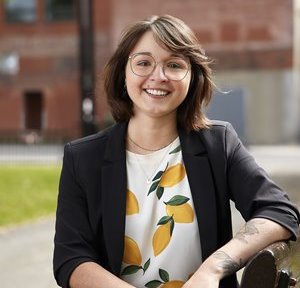

Joëlle is a Project Manager with L’Atelier Urbain in Montreal. She has contributed to diverse projects in urban design and sustainable development, urban planning and resilience, and innovative regulation. These projects have included a development plan for a former factory site, a design concept for a municipal park and beach, a master plan for a campus, transportation-oriented development projects, eco-districts, city center development projects, and pedestrianization plans. Joëlle’s volunteerism includes serving as a committee member with the Ordre des urbanistes du Québec (OUQ)’s Relève en urbanisme, which promotes the planning profession to young people, and MTL Green, which promotes sustainable development in Montreal. She also works with community organizations that address food security and other daily life issues. Joëlle holds a Baccalauréat en urbanisme from the Université du Québec à Montreal, is currently completing a Master’s Degree in Environment and Sustainable Development at the University of Montreal, and has received training as an Architectural Technologist.
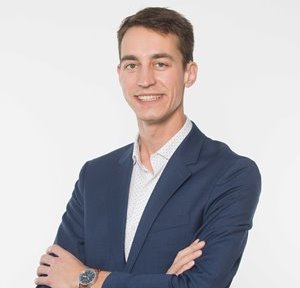

Nicholas is a Planner with O2 Planning + Design in Calgary, where he specializes in infill master planning, development approvals, and growth planning for regional, urban, and community planning projects. He is also a Sessional Instructor at the University of Alberta’s Applied Land Use Planning program and volunteers his time coordinating the University of Calgary graduate planning students as part of the Citizens + Students program. He was central to the development, adoption, and implementation of the Habitat Professionals Forum’s Roadmap to Recovery from the COVID-19 pandemic, which he presented and assisted in officially unveiling at the 2022 World Urban Forum in Poland. Currently serving as Director of the Alberta Professional Planners Institute (APPI), Nicholas has also served on the CIP Board of Directors and Co-Chair of CIP’s Student Affairs Sub-Committee. He holds a Master of Urban and Regional Planning degree from Queen’s University and degrees in Geography and Education from Brock University.


Jamilla Mohamud is an urban planner with Urban Strategies in Toronto, ON, and holds a Bachelors of Science (Biology) from Ryerson University, and a Masters of Environmental Studies (Planning) from York University. Having spent time working in community health, Ms. Mohamud pursued planning as a second career to have a more direct impact on solutions. Ms. Mohamud has dedicated herself to improving the wellbeing of communities and their residents. She has helped clients and led education, advocacy, and outreach initiatives for non-profit health organizations. She is also a frequent lecturer, panelist, and media commentator, while volunteering on several committees with the aim of raising awareness of the intersecting issues affecting historically disadvantage populations. Ms. Mohamud is a founding member of the Black Planners and Urbanists Association (BPUA), leading the development of the BPUA’s submission to the Province of Ontario’s Housing Affordability Taskforce. She was also nominated, and successfully selected, to represent the BPUA on the OPPI Anti-Black Racism in Planning Task Force. As issues of racism, colonialism and equity broaden the priorities of planners, Ms. Mohamud will be among the leaders redefining what it means to be an inclusive, healthy community.
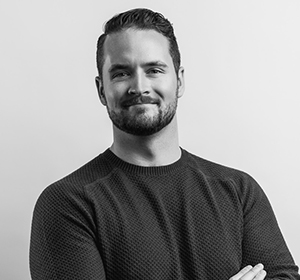

Ben Bailey is an urban planner with Calgary-based CivicWorks. In this role Ben is at the forefront of established areas redevelopment, facilitating and successfully realizing progressive city-building and urban design solutions that help advance the goals of complete communities. As a genuine urbanist, multi-disciplinary collaborator, expert communicator and continuous learner, Ben has established a reputation for design integrity and great city building across scales of planning practice, earning him five planning and urban design awards for outstanding planning work over the past five years.
Both in professional practice and out in the community, Ben is recognized for his vision, leadership, and service to the profession, sharing his expertise and time in the support of impactful public processes, advocacy, and community building. Ben is a founding and long-term volunteer member of the Beltline Neighbourhoods Association Urban Development Committee and Parks and Public Spaces Committee. In addition to his professional role and volunteer work, he is a regular guest lecturer and reviewer at the University of Calgary’s School of Architecture, Planning and Landscape, as well as a third term appointee to the Calgary Urban Design Review Panel.
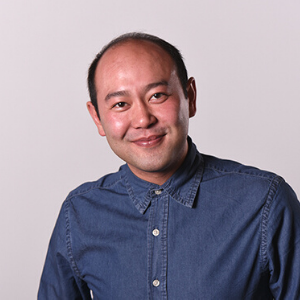

Jason Syvixay RPP, MCIP is an urban planner currently completing his PhD in Urban and Regional Planning at the University of Alberta. He has a passion for people and places, and engages in city building that listens to community, builds knowledge and capacity, and works towards equity in urban places.
Jason regularly convenes dialogue around pressing urban issues, allowing for a thoughtful exchange of ideas to occur across geography, gender, generational, and racial transects. His writing in the Winnipeg Free Press nudges a new way of thinking, inviting readers to envision the change that is possible in their cities.
As the Managing Director of the Downtown Winnipeg BIZ and a Community Planner with HTFC Planning & Design, Jason has helped to nurture safer, resilient, and inclusive communities, through creative placemaking and participatory planning. More recently, Jason joined the City of Edmonton to develop policy for infill in core neighbourhoods.
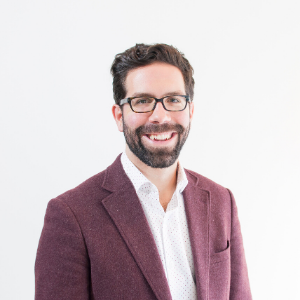

Louis-Michel Fournier is the co-founder of L’Atelier Urbain, whose mission is to democratize best urban planning practices for municipalities of all sizes. L’Atelier Urbain has now become a reference for planning innovation with more than 400 projects for 150 municipalities and other organizations in Quebec, Canada, and abroad. Louis-Michel is often called upon to give training sessions and conferences on the new urban planning approaches he applies. Despite his young age, he has led national and international mandates, including the Retail Urban Plan for the outskirts of Dakar, Senegal, and numerous award-winning projects. His leadership is also expressed through his volunteer involvement. He co-founded La Relève en Urbanisme, a group that aims to integrate young professionals and promote intergenerational exchange. Louis-Michel is very active within his professional order, and he has been a member of the Board of Directors of the Ordre des Urbanistes du Québec since 2019 in addition to being involved on the Sustainable Development Committee.
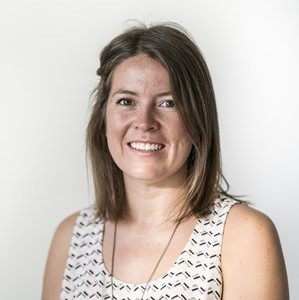

Cassandra has demonstrated an unwavering commitment to finding innovative and effective ways of bringing diverse voices together to better our communities. She has actively developed a unique talent to demystify complex planning issues and make them accessible for the general public. Cassandra brings informed and well-rounded views into her planning policy and design work, demonstrating the ability to see new perspectives that shape and improve planning efforts.
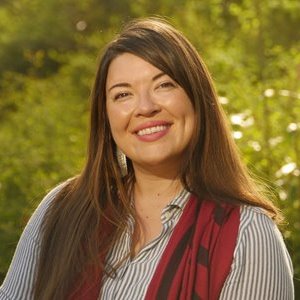

Jessie Hemphill (Tlali’ila’ogwala, or “Bridge Between the Worlds”) is from the ‘Nakwaxda’xw, Ligwitlda’xw and Métis nations. Jessie was raised in Port Hardy, BC, on the northern tip of Vancouver Island. Her love for her community led her to a career in community planning and facilitation, working with First Nations and organizations all over Canada through her company, Alderhill Planning Inc. She has recently completed her Master of Community Planning degree at Vancouver Island University in Nanaimo. A life-long volunteer with an equity focus, Jessie co-founded the British Columbia Comprehensive Community Planning Mentorship Program and serves on the board of directors for the ‘Kawatsi Economic Development Corporation. She is also a member of the Canadian Institute of Planners’ Indigenous Community Planning Committee, and the Indigenous Advisory Group for the Indigenous Community Development National Strategy.
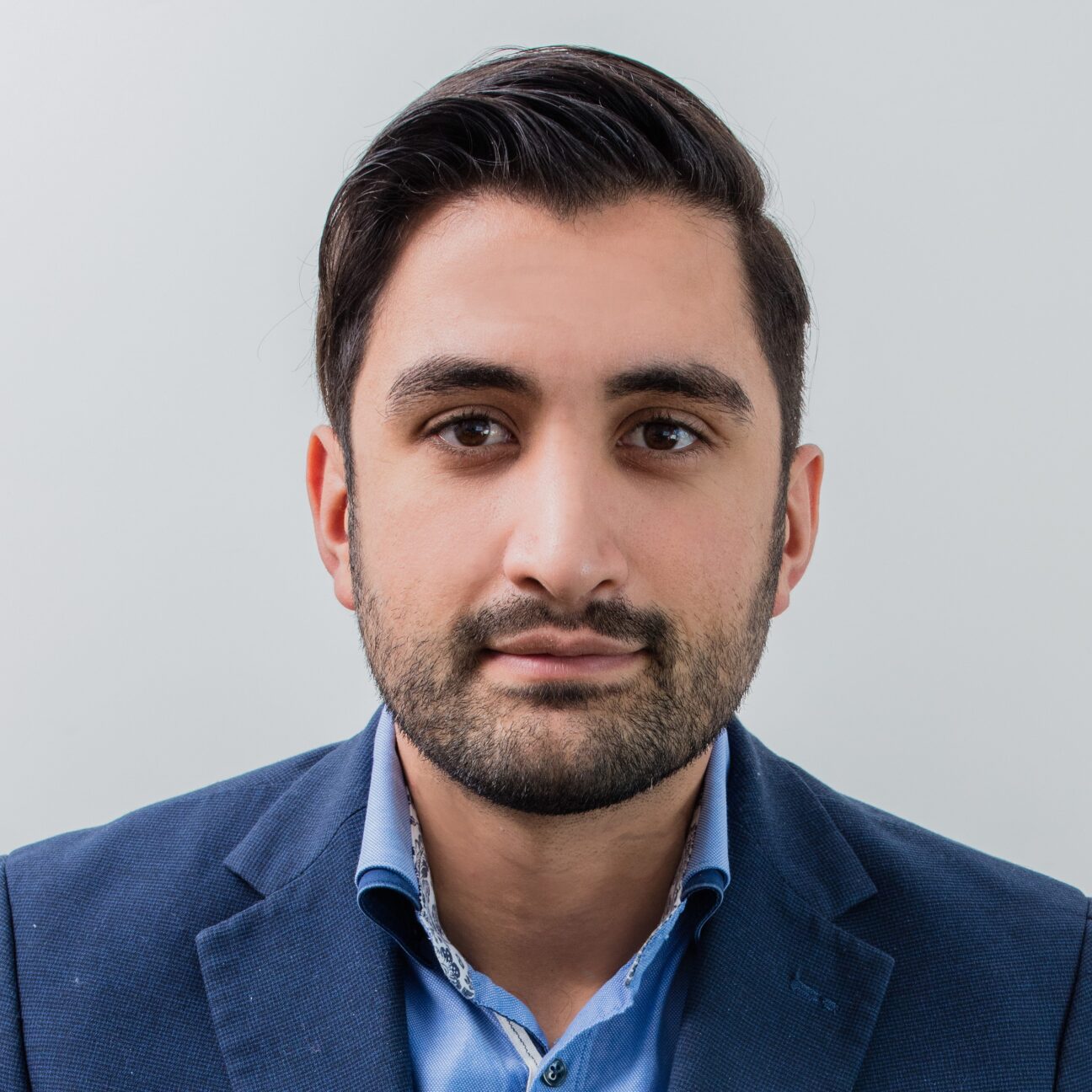

Kourosh Rad is an Iranian-Canadian planner living in Halifax, Nova Scotia. After immigrating to Canada from Iran with his family in 2007, he started his Bachelor of Community Design at Dalhousie University. After graduation, he completed an internship in Paris with an online journal focusing on modal share transportation systems. Kourosh was then selected for an internship program through CIDA/CIP to work with the Ministry of Amerindian Affairs in Guyana. Upon his return, he started working as a planner with WSP Canada. During his five years as a consultant, he found his passion for real estate development and led multi-disciplinary teams in design and approval of over 3,000 residential units and 1 million sq. ft. of commercial spaces. Kourosh is now Vice President of Strategy with Compass Commercial, responsible for research and development of comprehensive strategies for real estate portfolios across Canada.


Christina is the Founder and CEO of WR.x | Whilton Rowe, with offices in Toronto, New York, London, and Paris. To learn more, click here.


Jesse specializes in crafting plain-language municipal plans. He has managed planning departments in Nunavut and Northern Alberta, overseeing several statutory plan reviews and providing professional planning advice to dozens of communities. Jesse holds a Master of Planning from the University of Toronto and is currently the Director of Planning and Development for Athabasca County.
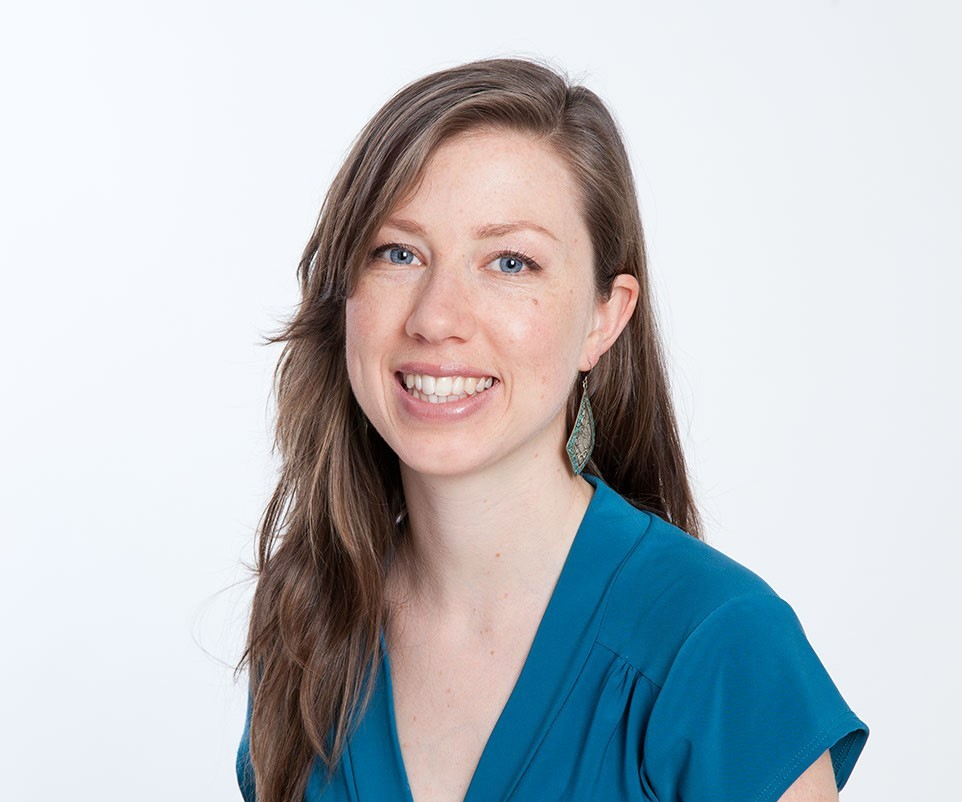

Trained in civil engineering and urban planning, Lindsay recently joined the Transportation and Urban Solutions team at the Pembina Institute. Prior to this, she was a Senior Consultant at H+K Stratégies (formerly Acertys Stakeholder Relations) in Montreal, where she managed the design, facilitation and documentation of community engagement processes for planning and infrastructure projects, in French and English. Lindsay’s pas experience includes positions at the Ontario Ministry of Municipal Affairs and Housing and at MMM Group. She has also led and published research on topics ranging from regional solar energy potential to immigrant integration and housing.
Lindsay connects with her community through a number of volunteer and leadership roles. For example, she has served for over two years as a Board Member of Santropol Roulant, a youth-led community organisation dedicated to increasing food security and reducing social isolation in Montreal. She has been an active member of the International Association for Public Participation (IAP2) since 2013.


Luke has worked on several large projects in Northeastern Saskatchewan and has a significant role in many economic development initiatives. The region had not been exposed to a lot of planning in the past. However, in his tenure Luke has formulated OCPs , worked with several developers, and helped Twin Lakes become the model planning district for the Province.
In his spare time he loves to be outdoors in what he believes is the most beautiful place in the world. Luke enjoys spending time with friends, family, and his partner. Luke also volunteers for a variety of different Community groups, including the Nipawin Business Improvement District, where his Town Square Design won the national Co-op Community Spaces and Places award and grant of $115,000.


As of 2015, David manages special projects and corporate initiatives on behalf of Toronto’s Chief Planner. His work in this position is grounded in a fundamental belief that we can collectively make better planning decisions through strong data and analysis. This data and analysis also serves as the basis for improving our ability to communicate as planners with the public, stakeholders, and key decision makers.
Prior to joining the City of Toronto, David provided land economics and retail development support for projects across Canada at DIALOG, an interdisciplinary planning and design firm. Building on his past experiences gained while working in Seoul as a consultant with Thomas Consultants, David secured and managed planning and design contracts at DIALOG for mixed-use projects in Korea.
David is a proud graduate of the Queen’s School of Urban and Regional Planning and continues to be closely connected with their initiatives linking alumni with current students. Outside of Canada, David is involved in the revitalization of Seoul Plaza, a non-profit movement to better activate one of the city’s most important public spaces. He also supports various social development projects in Tanzania through SALEA, a registered charity he established in 2008.


With a Bachelors of Architectural Science from Ryerson University Brynn has worked in the field of architecture for five years before making the decision to undertake a Masters degree in the field of Planning. Her architectural work includes transit stations for the Toronto Transit Corporation, and for the Mississauga BRT system with Steven’s Group Architects (now IBI Group), and schools, hospitals and long-term care centres with WHW Architects (now WSP group. In addition to architectural design and construction detailing Brynn managed and coordinated LEED documentation for multiple projects. Brynn’s interest in the environment led to her career change because of her desire to achieve greater impact on natural systems and human health through the broader built environment.
She is currently completing her Master of Planning at Dalhousie University with a focus on community engagement, public health and food security. A coop term at the City of Hamilton brought the opportunity to engage with the spectrum of city departments and farmers’ market managers to draft a city policy and guidelines for privately run farmers’ markets throughout the municipality. She is currently attending school on a part time basis while working part time at Ekistics Planning and Design. By simultaneously gaining both academic and practical knowledge Brynn will maintain a strong capacity for continuous learning and the ability to translate that knowledge in her practical work.
Brynn maintains her green-building credentials through continuous education opportunities and by giving volunteer presentations for the Living Building Challenge.


David firmly believes in the positive impact of public transit in community through his involvement in organizing the Canadian Urban Transit Association’s Youth Summit on Sustainable Transportation over the past seven years. This program gathers youth from across Canada learn the tools to become champions for walking, cycling and transit in their communities. David is a sessional faculty member at the University of Calgary where he co-teaches a transit planning and transit oriented development course in the Urban Studies Program. David assisted in the founding and development of the Calgary Creative City Collaboration, a local non-profit organization that supports local emerging artists through the promotion and advocacy of public space and art.
David has a degree in Urban and Regional Planning from Ryerson University in Toronto and is a full member of the Canadian Institute of Planners.


Keltie is a planner with a special interest in healthy communities (including active transportation) and innovative engagement. Since joining HB Lanarc in 2008, Keltie has contributed to various municipal and regional plans including a comprehensive sustainability plan for Canada’s Capital Region; Port Coquitlam’s Environmental Strategic Plan; and a Cycling Plan for Ladysmith, BC. She recently led the development of CIP’s Healthy Communities Practice Guide. Her recent projects include work on a citywide food and agriculture strategy for Edmonton, an ICSP in Revelstoke, BC and engagement for an OCP update in Langley, BC.
In addition to her planning work, Keltie is a member of the City of Vancouver’s Active Transportation Policy Council; and performed for four years with the B:C:Clettes—a bicycle-inspired performance collective. She is a founding member of the Healing Cities Institute, a non-profit institute to connect health, planning and design.


In 2005, he joined FoTenn Consultants Inc. (Ottawa), where he has been a member of several interdisciplinary project teams. Andrew has established expertise in northern development issues through his planning support to the City of Iqaluit, and the completion of Community Plan and Zoning By-law updates in Taloyoak, Rankin Inlet, Grise Fiord and Resolute Bay, Nunavut.
Andrew is committed to sustainable community planning. Between 2008 and 2010, Andrew contributed his research and writing skills to the Jasper Community Sustainability Plan for the Municipality of Jasper and Parks Canada. As part of this project, Andrew helped to promote innovative approaches to public engagement.
From July 2010 to May 2011, Andrew worked in Zambia with CUSO-VSO as a Town Planning Adviser for the Mazabuka Municipal Council. In this role, Andrew assisted the Planning Department to finalize the spatial development policies and maps for the Council’s Integrated Development Plan.
In his spare time, Andrew enjoys curling, skiing, cycling, ultimate frisbee, community gardening and singing. He has also supported CIP’s national programming as a Juror of the CIP Student Scholarship Trust Fund from 2008 to 2010.